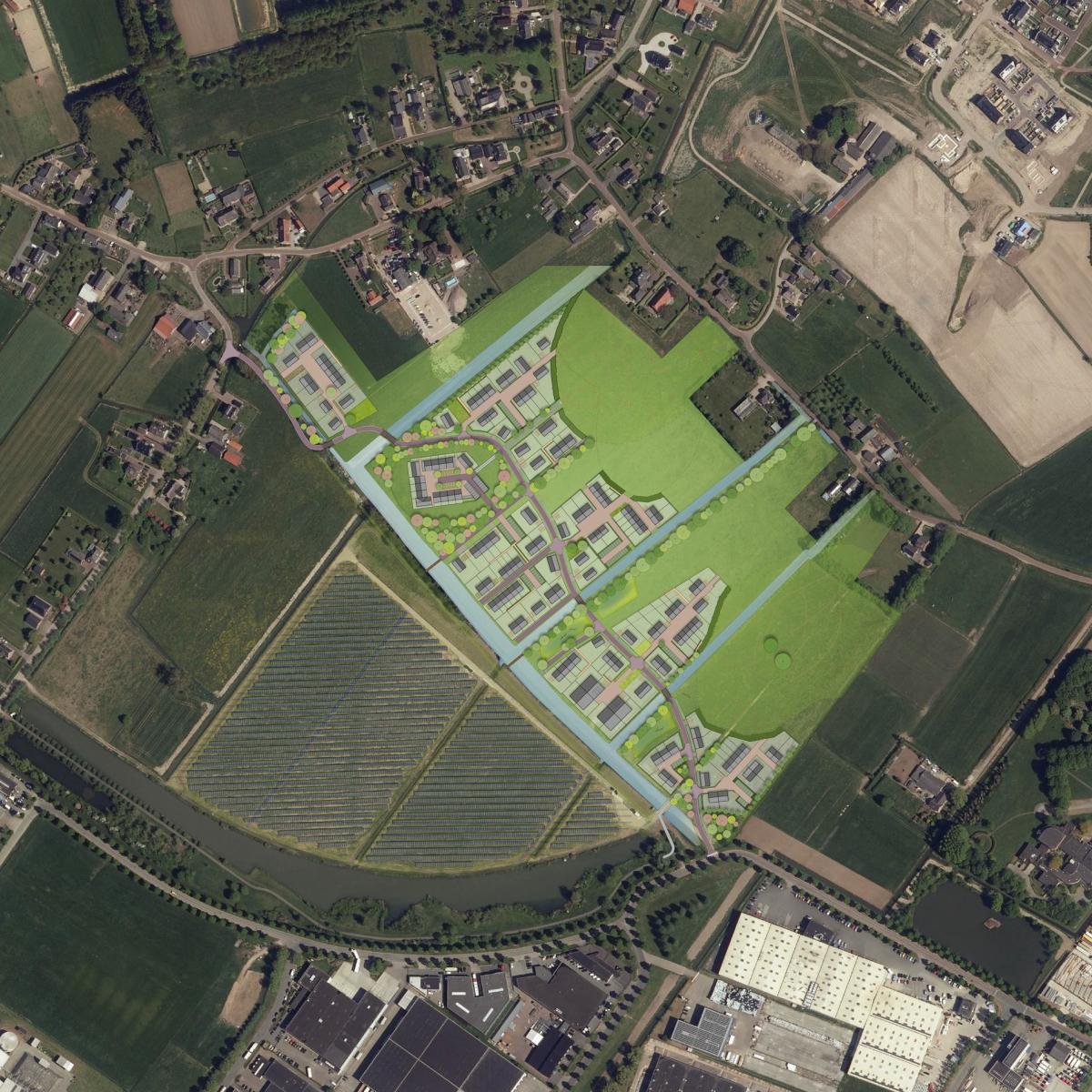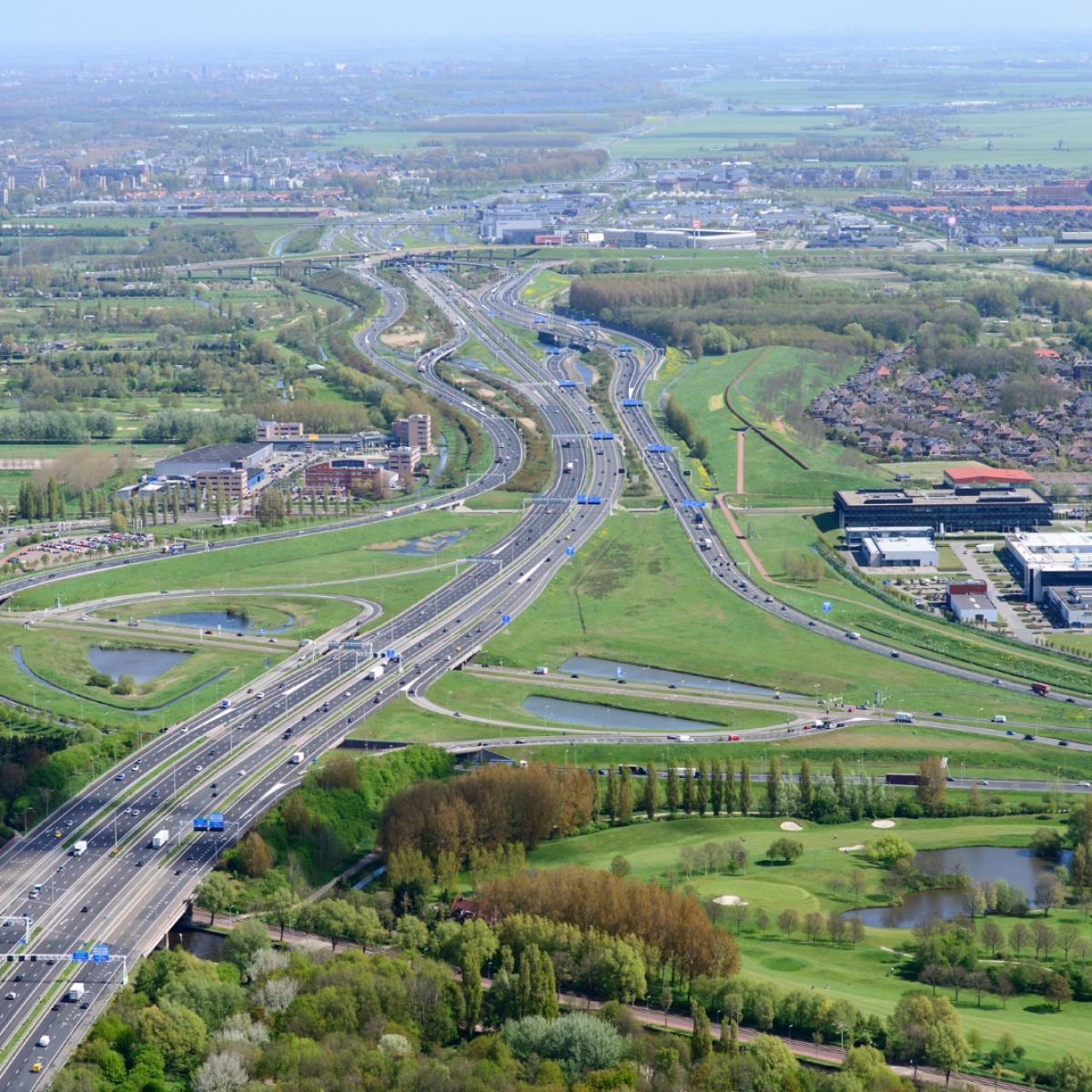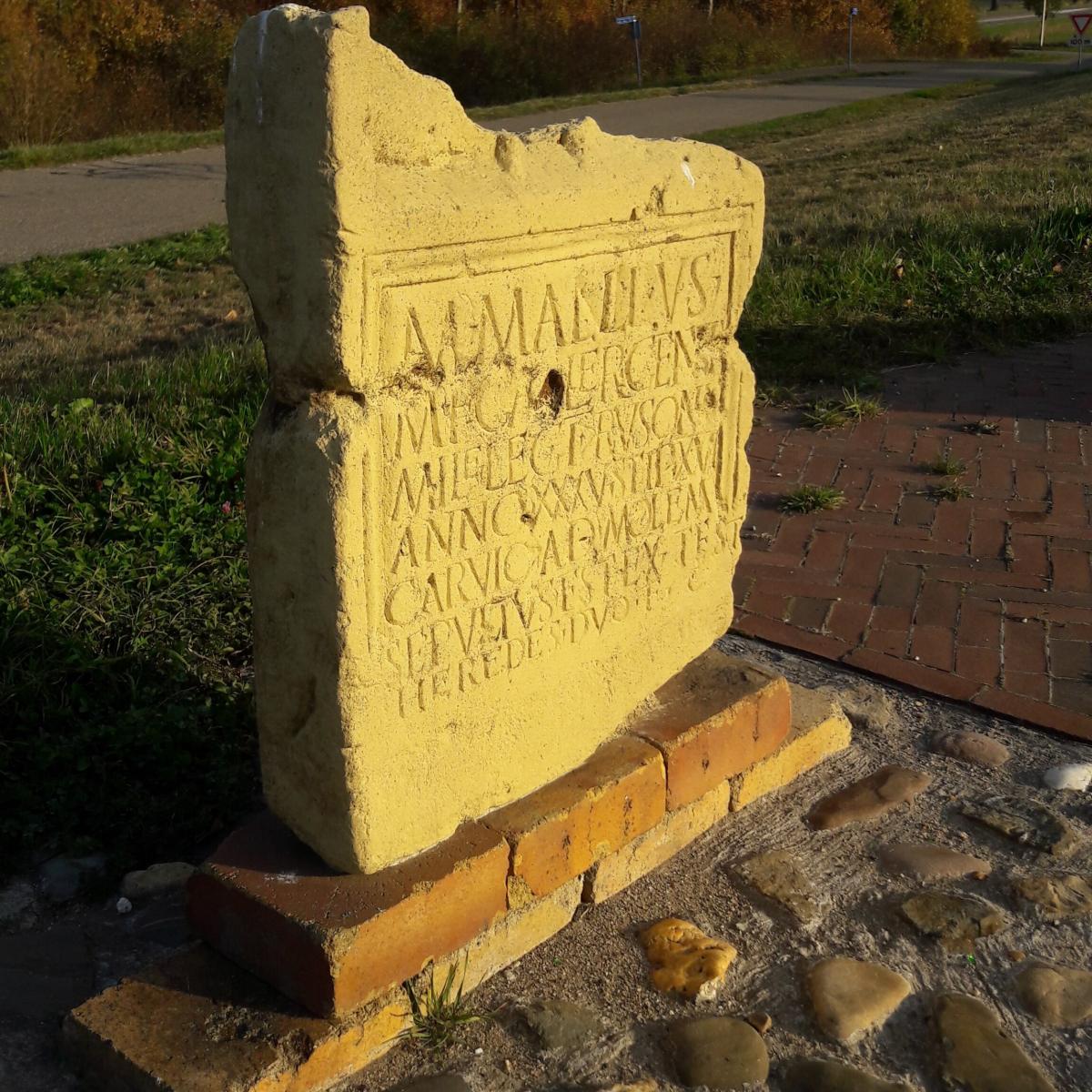Municipalities in the Nijmegen area
I offer solicited and unsolicited advice to the municipalities of Berg en Dal, Beuningen and Heumen, and am a back-up for the municipality archaeologist of Druten and Wijchen. My work consists of advice on policies, also regarding the upcoming Environmental Law, and to carry out lawfully required tasks, such as the weighing of archaeology in new spatial plans and the assessment of reports as part of zoning plan changes and requests for building- and planning permissions. I am in contact with the province, municipal and regional archaeologists, our State Cultural Heritage Service and the executing archaeological companies. The municipalities strive towards a better maintenance and understanding of archaeological values in the region. This is being met by setting up activities for the general public, such as the development of informative and educational material, and the organization of exhibitions.

LOS stadomland

